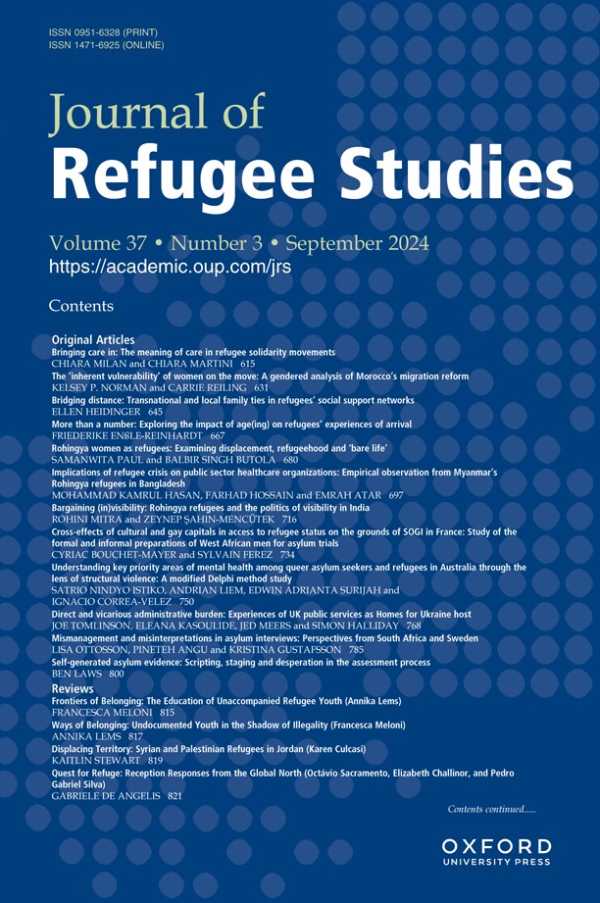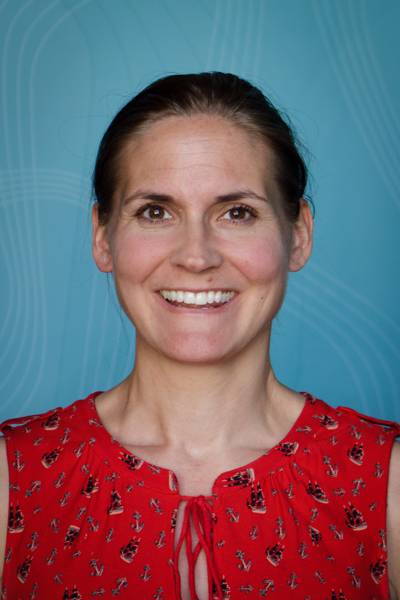Despite a growing literature on refugee health challenges, the effects of inflows of refugees on the utilization of health services in host communities remain largely ignored. Linking data on the location of displaced populations and geo-referenced survey data on the use of maternal health services in 30 sub-Saharan African countries, we explore whether geographical proximity to refugee- and internally displaced person (IDP) camps and settlements affects the utilization of maternal health care among women in host communities. More specifically, we apply a mother fixed-effects analysis isolating the effect of hosting refugees and IDPs on the probability of delivering at a health facility. We find that living within 25 km of displaced population significantly increases the likelihood of institutional births. This effect is stronger for the poorest mothers. Our study disproves the common misconception that refugees and IDPs have a negative impact on their host communities. Rather, we find a positive effect of hosting displaced populations.
Østby, Gudrun & Andreas Forø Tollefsen (2025) Forced displacement and utilization of maternal health care services in host communities: micro-level evidence from Sub-Saharan Africa, 1986–2016, Journal of Refugee Studies. DOI: https://doi.org/10.1093/jrs/feae092.










